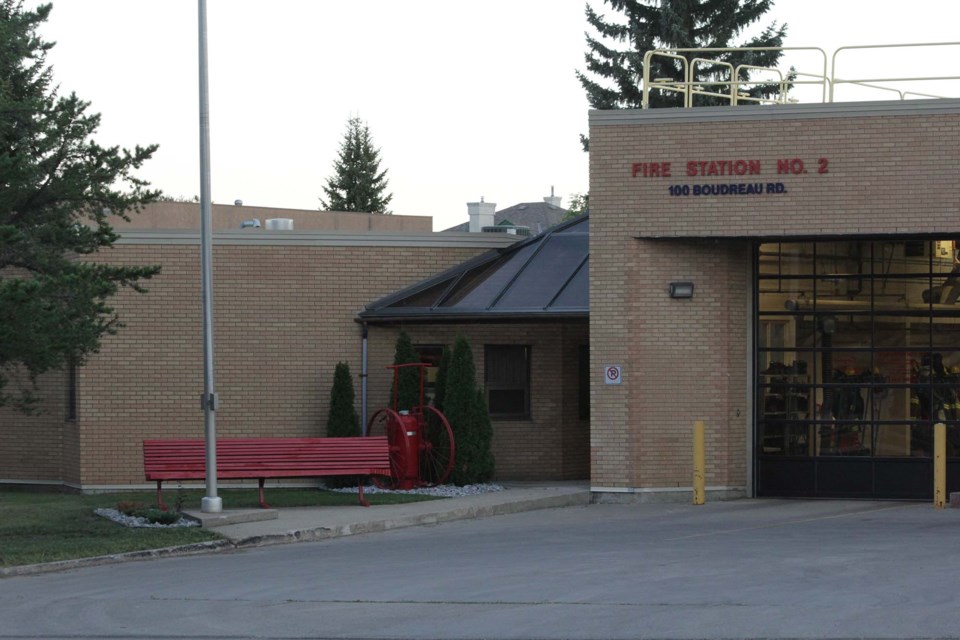The Labour Day holiday in Canada has been around longer than Alberta has been a province.
Indeed, the creation of September's long weekend is largely traced back to the Toronto Typographical Union strike of 1872 — which also resulted in the passing of the Trade Unions Act, making unions legal enterprises.
The concept, and practice, of labour has changed dramatically since the printer's strike 150 years ago, and local and province-wide union leaders agree that change is necessary to ensure success right now.
"As we get closer to Labour Day, I would say that it’s important that we recognize that it’s very untrue that the days when unions were needed are gone," Danielle Larivee, the first vice-president of the United Nurses of Alberta (UNA), told The Gazette.
"Unions continue to be a voice for front lines and what you see when you actually look at the evidence is that organizations are successful when workers are supported and happy."
As expected, the 30,000-plus members of the UNA are facing significant challenges as the third anniversary of the first detected case of COVID-19 in the province looms closer, Larivee said.
“I think what [has] virtually all of our attention now, and what I think will have all of our attention for a number of years yet to come is the fact that, right now, we have an absolutely critical shortage of health-care workers and nurses in particular.
"The impact on nurses is tremendous in terms of being overwhelmed and overworked and in moral distress," Larivee said. "Without enough people they cannot provide the level of care they consider adequate for their patients and then that leads to unsafe situations often for patients, which nurses don’t deal with well either."
Although some action to solve the problem has been taken, Larivee said the staffing shortage crisis won't be solved overnight.
"One of the things we’ve also stressed is the importance of having nurses at the table to talk about it because representing front-line nurses we do know many of the answers," she said.
"The only way we’re going to keep nurses, and get some of them back into the work force is to provide the supports they need to resolve those issues ... because nobody can manage that level of pressure and distress for as long as they’ve had to do.”
Nurses across Alberta are not the only ones facing significant obstacles and stress right now because of the health-care staffing shortage.
Greg Harvey, the president of St. Albert's firefighters union — IAFF Local 2130 — told The Gazette that the union's (give or take) 118 members have been facing mental-health challenges due to the ongoing pressure from Alberta's EMS system.
"Being part of the Alberta Health Services EMS system has us going to places we’ve never gone to," Harvey said. "We’re just getting tied up in a lot more events with the pandemic and population growth and aging.
"The city has grown as well, and they’re looking to add high-rises and more large structures, which is asking more of our firefighter paramedics any given day.”
Other than solving the staffing shortage, Harvey said union members would benefit from mental-health supports.
"We’re slowly but surely building internal programs to assist with our membership's mental health," Harvey said. "We’ve got a bit of obstacles with the cost of acquiring mental-health [supports] — our membership is paying for a lot of that out of their own pocket right now to ensure that they’re healthy and able to do the job.
“In general, we’re getting by every day," said Harvey.
Away from front-line emergency services, unions in uncommon sectors, such as coffee shops, are starting to organize across the province.
Between Aug. 25 and Aug. 27, employees at two Starbucks locations in Sherwood Park voted to unionize — the second and third locations in Alberta to do so.
“That’s a very difficult sector to organize," Larivee said of the Sherwood Park Starbucks. "Seeing coffee shops like Starbucks be organized is a perfect example where we’re seeing — that young people see the importance of ensuring that workers continue to have a voice.”
Labour Day this year is Monday, Sept. 5.




